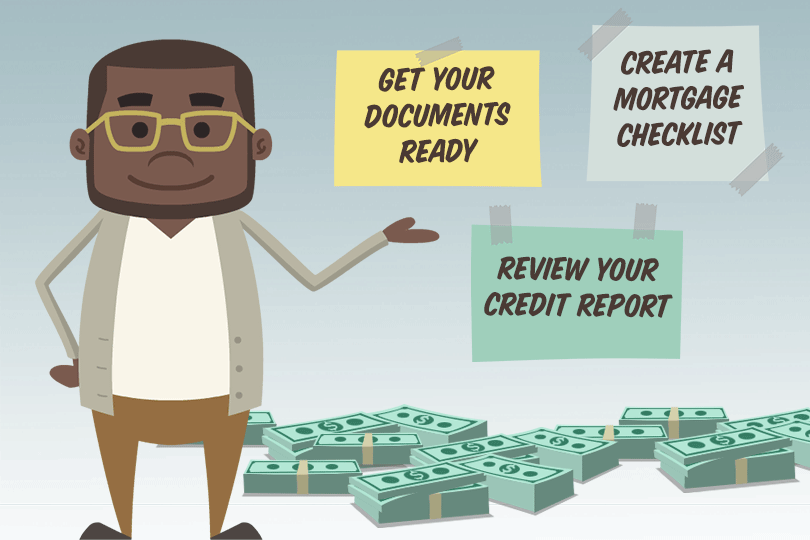Employment Requirements for FHA Loans
July 15, 2023
Steady Income
- Employment History
Lenders will typically require at least a two-year employment history. This doesn't mean you have to work for the same employer for two years; it just means that you need to have a continuous employment record during that time. - Gaps in Employment
If you have gaps in your employment history, you may still qualify for an FHA loan, but the lender will want to understand the reasons for those gaps. Be prepared to provide an explanation, and it's helpful if the gaps were due to factors beyond your control, like a medical issue or the birth of a child. - Income Consistency
While having a steady job is crucial, so is having a consistent income. If your income fluctuates significantly or relies on bonuses, commissions, or self-employment, you may need to provide additional documentation to prove your ability to repay the loan.
It's important to note that while the FHA has minimum credit score requirements, individual lenders may set their own standards. It's possible to find lenders who are willing to work with borrowers with lower credit scores, but you may need to make a larger down payment or meet other compensating factors.
Verification of Income
- Pay Stubs
You'll need to provide recent pay stubs that show your year-to-date earnings. These pay stubs help lenders confirm your income. - Tax Returns
Lenders may also ask for your tax returns for the past two years. This is particularly important if you're self-employed or have income from sources other than traditional employment. - Employment Verification
Your lender may contact your current employer to verify your employment status and income. - Written Verification of Employment (VOE)
You might be required to provide a written VOE, which is a document from your employer that confirms your job, income, and other relevant employment details.

FHA Loan Articles
March 25, 2025What does it take to sell a house purchased with an FHA mortgage? Are there special rules, restricrtions, or added considerations? We examine some key questions and their answers to FHA real estate sales issues.
March 24, 2025If you are selling a home, you may need to negotiate with buyers to fund their purchases with an FHA mortgage. What do you, as a seller, need to know about FHA mortgages and how they may differ from conventional loans? We examine some common issues.
March 24, 2025How much do you really know about how FHA home loan interest rates are set and what factors influence them before your lender makes you an offer? We explore some key points about FHA loan rates, FICO scores, and debt ratios.
March 11, 2025Adding a co-borrower to your FHA is a way to offset fears that you won't qualify for the mortgage on your own. An FHA loan co-borrower with a more substantial financial profile may offset the primary borrower's weaknesses, demonstrating a reduced risk to the lender. But for an FHA loan, don't assume that one borrower with good credit scores can offset one with non-qualifying scores. We ask 20 questions about co-borrowing to help you better plan for your FHA loan.
March 10, 2025Even if you aren’t considering your home loan options right this second, it’s smart to know your options if you decide to pursue a new home later. To that end, using a mortgage calculator is a smart choice for setting some basic budgeting parameters as you plan your path toward home ownership. A mortgage calculator helps you plan for future financial scenarios, such as buying new or refinancing a current home.







